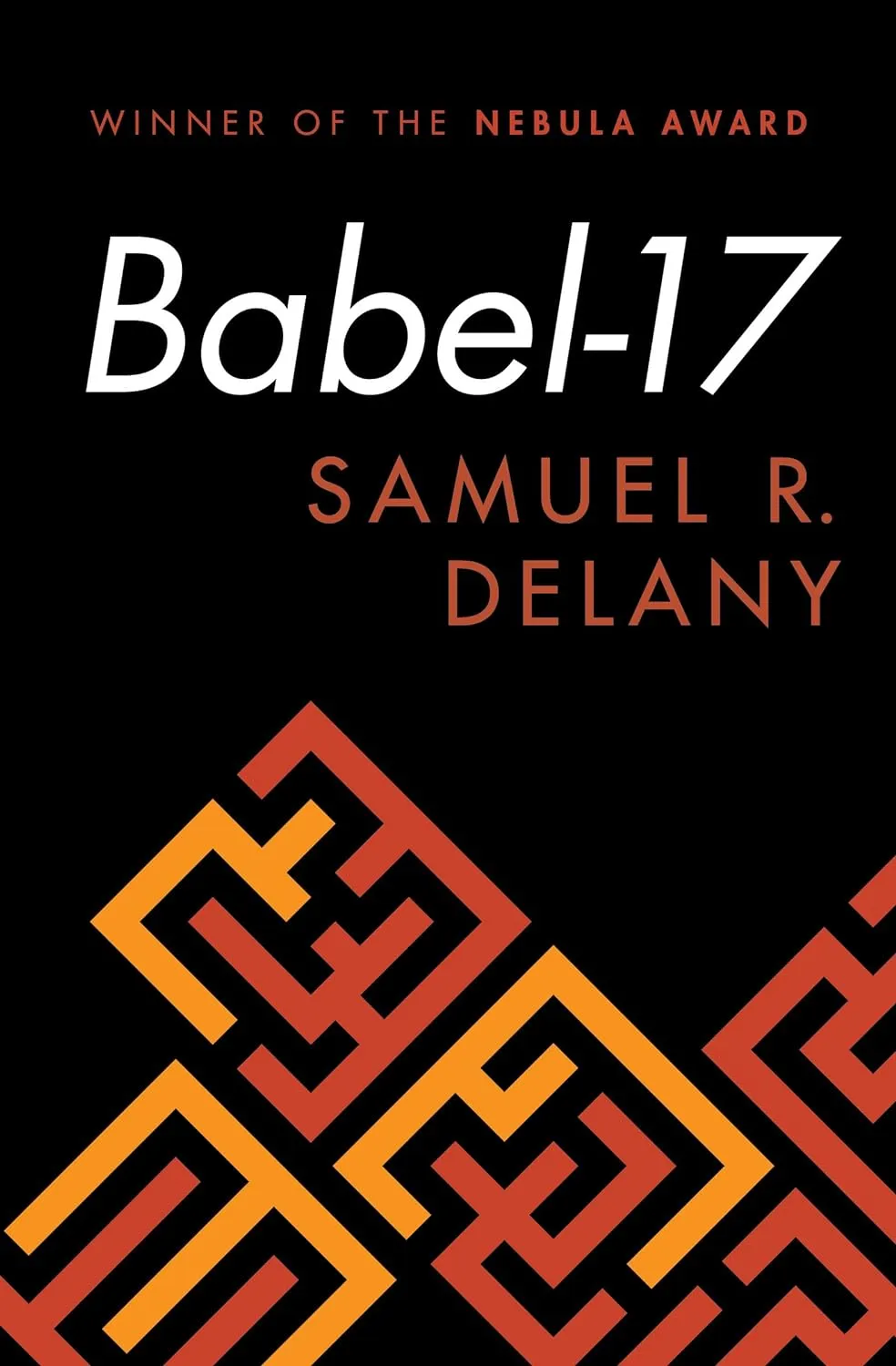TechTalk Daily

By: Daniel W. Rasmus for Serious Insights

The future is complex. Scenario planners look for social, technological, economic, environmental, and political uncertainties to understand the variables that should be explored against a focal question such as “What will work look like in 2035?” Naming uncertainty is just a starting point. Those variables receive a unique value for each scenario that informs the narrative. I tell my students to think about the variables as prototypical characters and their ultimate value as the traits and behaviors they exhibit in the story.
I draw from a wide variety of fiction, nonfiction, and even poetry to inspire the values I assign to uncertainties. In scenario narratives, uncertainties become certain. Futures coalesce. The now value-laden uncertainty variables interact to create the environment in which traditional characters live. Through scenarios, we tell the stories of the future and of those who might live in them, including our future selves.
Reading fiction helps scenario developers craft better characters to live in their futures. Although scenarios may be taught in classes on strategy, masters of scenario planning are writers first and strategy experts second.
I am going to start sharing my monthly reading, with a little help from AI (which I edit heavily), to provide a summary of the books for those who may need a little tease to buy the listed title or borrow it from the local library. Amazon links will be provided for Kindle editions.
In the April 2024 Serious Insights Bookshelf, I share Samuel R. Delany’s classic Babel-17 and Maggie O’Farrell’s Hamnet, the new darling of Shakespeare lovers.

In “Babel-17,” Samuel R. Delany’s seminal work of science fiction, readers embark on a linguistic odyssey through the depths of space. Published in 1966, this novel remains a cornerstone of speculative literature, blending intricate language theory with visionary storytelling. Readers will even find some poetry between the covers.
At its core, “Babel-17” explores the power and limitations of language in shaping perception and understanding. Set against the backdrop of an interstellar conflict, the narrative follows Rydra Wong, a renowned poet and cryptographer tasked with deciphering a mysterious alien code known as Babel-17. This enigmatic language, believed to be a weapon employed by the enemy, holds the key to victory in the ongoing war.
As Rydra delves deeper into the intricacies of Babel-17, she grapples with its profound influence on her consciousness and identity. Through Rydra’s journey, Delany deftly examines the intricate interplay between language and thought, challenging traditional notions of communication and cognition.
Amidst the linguistic intrigue, “Babel-17” also explores themes of identity, love, and the nature of reality. Rydra’s complex relationships with fellow soldiers and allies add layers of depth to the narrative, infusing the story with emotional resonance.
Delany’s prose is as poetic as it is thought-provoking, weaving a tapestry of words that captivates the imagination. His exploration of linguistic relativity and the construction of meaning invites readers to ponder the ways in which language shapes our perception of the world. In much the same way, I ask scenario planning students and clients to put a name on uncertainty so the ideas that confound them can be grappled with as near physical manifestations of the unknown.
Ultimately, “Babel-17” is more than a science fiction novel; it is a meditation on the power of language to shape our understanding of reality. Delany’s masterful blend of speculative concepts and lyrical prose makes this a timeless classic that every person interested in exploring and describing futures should read.
To learn about the other book recommendation, Hamnet by Maggie O'Farrell, read the rest of the article: The April 2024 Serious Insights Bookshelf: 2 Books That Explore Love and Language
About the author:
Daniel W. Rasmus, the author of Listening to the Future, is a strategist and industry analyst who has helped clients put their future in context. Rasmus uses scenarios to analyze trends in society, technology, economics, the environment, and politics in order to discover implications used to develop and refine products, services, and experiences. He leverages this work and methodology for content development, workshops, and for professional development.
Interested in AI? Check here to see what TechTalk AI Impact events are happening in your area.